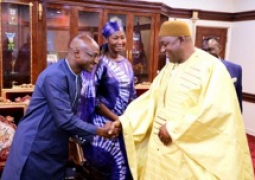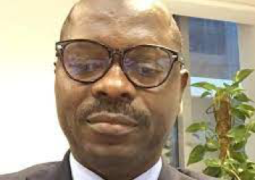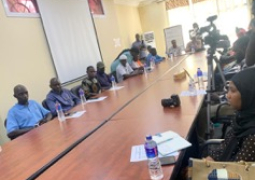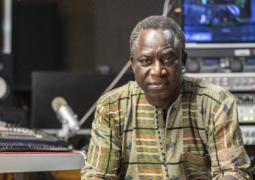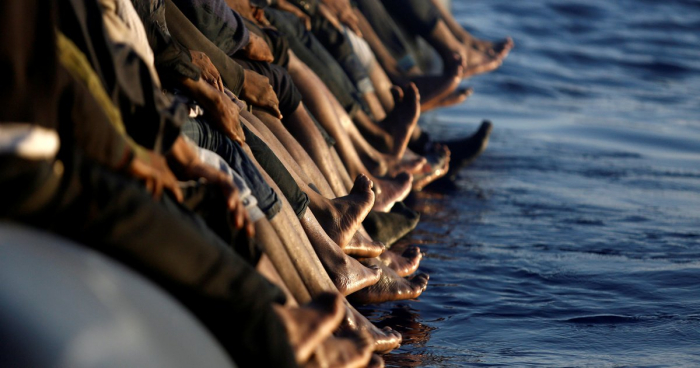
This was a suggestion by the Truth, Reconciliation and Reparations Commission (TRRC), which The Gambia government has accepted in its Position Paper (White Paper).
On 22 July 2005, over 67 economic migrants - 50 Ghanaians, 7 Nigerians, 2 Senegalese, 3 Ivoirians, and 2 Togolese - entered The Gambia hoping to get to Europe via the Atlantic Ocean and the Mediterranean Sea.
Many of the migrants were subsequently wrongfully arrested by personnel of the Marine Unit and NIA; they were mistaken for mercenaries who were to overthrow the government. They were later executed by the ‘Junglers’. The execution site was by an old well.
"On 23 July 2005, dead bodies were discovered in a forest at the Tanji Bird Reserve."
Following local and international outcry from human rights groups and the Ghanaian Foreign Minister at the time Nana Akufo Addo’s meeting with President Yahya Jammeh, an investigation was launched in 2005 to investigate the killings of the migrants.
The investigation panel was headed by Malamin Cessay, a former Commissioner of the Gambian Police Force.
"However, the investigation was blighted with falsehoods, cover-ups, and destruction of evidence."
The TRRC therefore recommends to government to establish an international joint investigation team (Joint Forensic Investigation Team) based in The Gambia, which will comprise forensic investigators and scientists from The Gambia, Ghana, Senegal and Nigeria, with the relevant skills and training.
The team shall be responsible to "without delay identify the exact locations where the victims were buried, including the wells and graves mentioned by the witnesses that are located in both The Gambia and also in Cassamance, Senegal."
"The joint team shall also take all steps to ensure the security and full protection of all sites where the remains were buried and yet to be exhumed for the purposes of protecting the human remains therein and from tampering with the evidence."
Moreover, the team of professionals shall be given the mandate to exhume and conserve the remains of the victims that may be found in those wells or graves and be given the full cooperation of the Gambian authorities, including full access to all documentary, testimonial and physical information and evidence in their possession that the Joint Forensic Investigation Team deems relevant to the inquiry.
The TRRC has also told Government of The Gambia to undertake without delay the steps and measures necessary for the speedy establishment and full functioning of the Joint Forensic Investigation Team.
The government of the Gambia is also expected to establish procedures for carrying out the activities of the Joint Forensic Investigation Team, taking into account The Gambia’s relevant laws and judicial procedures.
"The government notes this recommendation but notes further the need for all investigative bodies to fall under the authority and direction of the central investigative unit to be created within the framework of the special structures to be put in place for the purposes of prosecutions," the government wrote in its White Paper that was released few days ago.
"The government shall set up a special investigations unit, which shall be headed by lead investigator with the requisite expertise in the investigation of crimes of a magnitude and severity such as those committed under the regime of former President Jammeh."
"The government shall work with partners such as Justice Rapid Response and the International Commission on Missing Persons to set up an effective forensic investigation team with a mix of local and international expertise, within the framework of the special investigative mechanism."
Read Other Articles In Headlines
